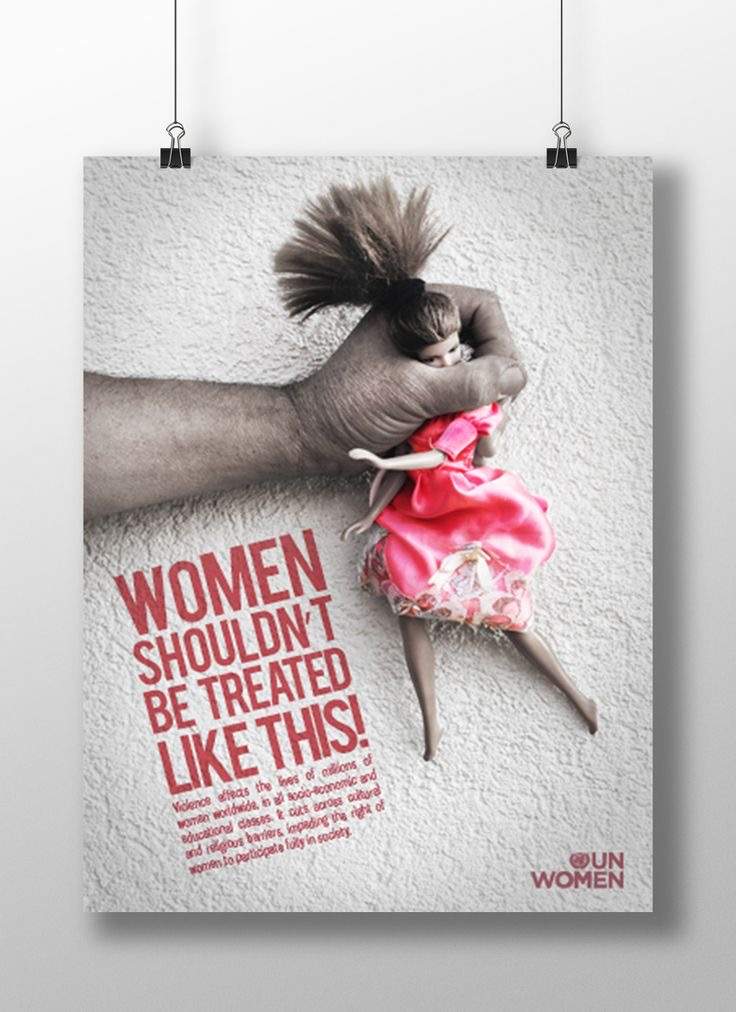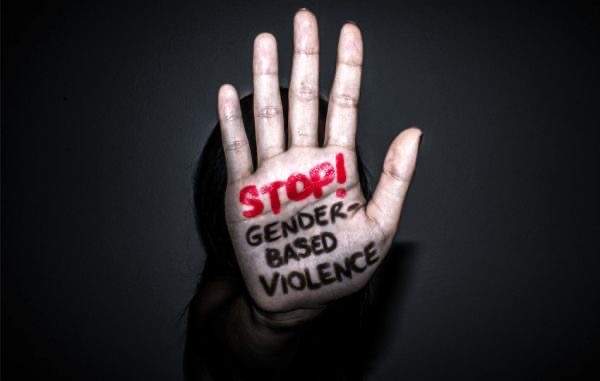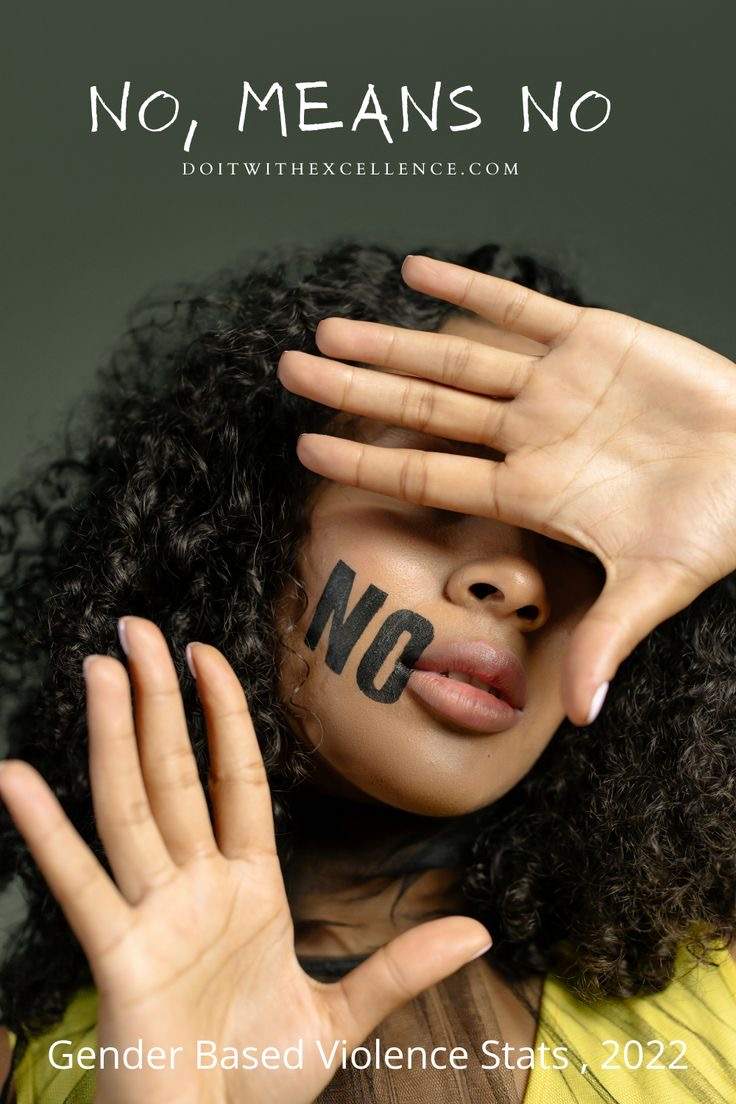The current news about Sana Yousaf is, unfortunately, not an isolated incident worldwide, where numerous females face threats, violence, or even death. Every month, we hear tragic news of women being stalked, assaulted, tortured, or battered due to rejection.
She was a 17-year-old TikTok star from Pakistan, who was recently shot dead by a man she had repeatedly rejected. She was shot at point-blank range in her Islamabad home by a man who had contacted her online on multiple occasions. The police have recently arrested a suspect believed to be her stalker, named Umar Hayat a 22 year old.
Valeria Márquez, a 23-year-old Mexican model, entrepreneur, and digital content creator, was also tragically shot and killed while live streaming on TikTok at her beauty salon in Zapopan, Jalisco. This incident occurred on May 13, 2025. According to reports, a masked man, disguised as a delivery person, asked her to confirm her name before shooting her twice in the head and once in the chest. He then fled the scene on a motorbike.
Before the incident, Márquez had expressed concerns about her safety during the live stream, mentioning her ex-partner’s abusive and stalking behavior. The Prosecutors office has launched an investigation into the alleged femicide. Alrhough the motive behind the killing remains unclear.
I recently stumbled upon a heart-wrenching TikTok video from @Sibusisiwe88, where she shared a list of young women who were victims of harm or murder. The high number of cases was alarming and left me feeling disturbed.
Gender-Based Violence (GBV)
It refers to violence or abuse directed at individuals or groups based on their gender, sex, or sexual orientation. It encompasses various forms of harm, including:
- Physical abuse
- Sexual abuse
- Emotional abuse
- Financial control
- Harassment (online and offline)
GBV disproportionately affects women and girls, but can also impact men, non-binary individuals, and other marginalized groups. It perpetuates inequality, restricts opportunities, and violates human rights.

Some forms may include:
- Domestic violence
- Intimate partner violence
- Human trafficking
- Sexual assault
- Female genital mutilation (FGM)
- Online harassment
These incidents happening worldwide reflect my growing concern and outrage about violence against women and why it needs to stop.
WHAT CAUSES ENTITLEMENT IN MEN?
I often question what drives entitlement in men, making them believe women shouldn’t reject them. Is it societal conditioning, personal biases, or something else?. In my opinion;
Entitlement in men can stem from various factors, including:
- Socialization: Traditional masculinity norms emphasizing dominance and control.
- Cultural and societal expectations: Patriarchal values and gender roles.
- Power dynamics: Historical and systemic inequalities.
- Lack of emotional intelligence: Inability to handle rejection or criticism.
- Toxic masculinity: Distorted views of masculinity linking worth to dominance.
It’s not solely about orientation or religion but rather a complex interplay of factors.
A rather disturbing reality is some individuals, particularly those with toxic entitlement or fragile egos, may react to rejection with aggression, abuse, or violence and this can stem from:
READ ALSO: How To Potty Train Your Child : A Step -by-Step Guide.
- Inability to manage emotions
- Sense of ownership or control
- Fear of losing power or status
- Lack of empathy
It may be a paradoxical situation, as many men seem to be terrified of being rejected, But a firm “no” is enough, regardless of tone. Boundaries and decisions deserve respect. Men should understand rejection is also part of life.

Accepting “no” graciously is a sign of emotional maturity and respect. It acknowledges the other person’s autonomy and boundaries. When men (and anyone) can handle rejection with dignity, it makes living healthy, build trust and respect, shows empathy and understanding. Lastly it fosters healthier relationships which encourages open communication.
WAY FOWARD
Addressing the root cause is imperative, so we need to implement healing from the source. There’s a need to create interventions.
Addressing GBV requires a multifaceted approach, including:
- Awareness and education
- Support services for survivors
- Policy and legal reforms
- Community engagement
- Challenging Harmful Norms
- Counselling and Therapy
Let’s work together to prevent GBV and create a safer, more equitable world.


